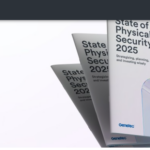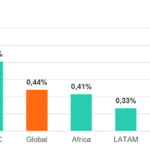A Traveler’s Guide to Being Cyber Safe

With the rise in cyber threats, staying cyber-safe while traveling has become crucial. According to Economy Middle East, travelers are increasingly targeted by cybercriminals due to their frequent use of public Wi-Fi and shared devices. To mitigate these risks, experts recommend several essential practices.
Firstly, using a virtual private network (VPN) is vital. VPNs encrypt internet connections, protecting sensitive data from potential hackers. It’s also advisable to avoid accessing sensitive accounts, such as banking or personal email, over public Wi-Fi. If necessary, using mobile data is a safer alternative.
Moreover, travelers should ensure their devices are updated with the latest security patches and antivirus software. Keeping backups of important data in secure, separate locations can prevent data loss in case of theft or ransomware attacks.
Password security is another key factor. Using strong, unique passwords for different accounts and enabling multi-factor authentication (MFA) can significantly enhance security. It’s also wise to disable automatic connections to open networks to prevent unauthorized access.
Physical security should not be overlooked. Travelers should be cautious about leaving devices unattended and consider using privacy screens to prevent shoulder surfing in public places.
In case of device theft, having a plan is essential. Remote wipe and tracking capabilities can help in locating or erasing data from stolen devices. Reporting any suspicious activity to the relevant authorities is also crucial.
By adhering to these cybersecurity practices, travelers can safeguard their personal and financial information, ensuring a safer travel experience.
For more detailed guidance, you can refer to the original article on Economy Middle East here.




















